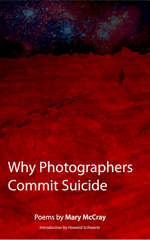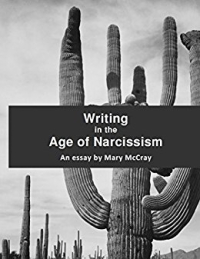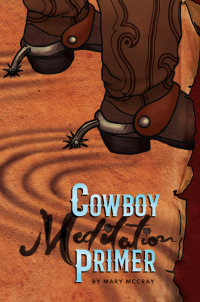 I hear a lot of older writers pooh-poohing ebooks. Poets seem to especially hate ebooks because poets tend to be nostalgic for a time before e-anything.
I hear a lot of older writers pooh-poohing ebooks. Poets seem to especially hate ebooks because poets tend to be nostalgic for a time before e-anything.
And I can relate. I dreaded the impending popularity of ebooks for many, many years. For one thing, I love books. I love them as physical objects. I love the way they smell. I love they way they sound when you bend back the cover. I love the character wrinkles the creases make on the spine. I love the worn look of book that has been read over and over. I love to see books stacked in every room of my house. I love leaving a book on my chair and knowing no one would ever dream of stealing it, even if it was a Harry Potter book. You can't take a Kindle or a Nook or an iPad to the beach. Well, you could but it wouldn't be very convenient if sand short-circuited your book or if someone stole your entire library!
Secondly, I'm from the book generation (1500-2007) and not the device generation (kids today). And so are my parents. They are not going to be impressed by an ebook, just as they weren't impressed by my websites or my blogs. eThings are for crazy people. My parents will not reconsider their enduring idea that I've wasted my life with this poetry stuff unless I produce something on paper.
Well, tough titties for me because ebooks are here and they're still here and get used to it. Kids today love the e-formats and ebooks are rewriting publishing history. And if we're at all adult about this situation we have to admit: we're writing for the future and not for the past. That's the cold hard fact of the matter.Poets won't start winning the culture wars with their fuddy-duddy ebook hatin'.
I felt my pain about this for many years and finally let it go and learned how to format an ebook.
Problem is–poetry is incredibly difficult to format to show correctly on all variations of ebooks. Some insist it can't be done. Just ask Billy Collins. But thankfully, html hackers have uncovered some work-arounds that helped me and my ebook struggles over the past few weeks. After years of working as a consultant on ICANN's website, I was able to use my knowledge of html to format the poems for ePub, mobi, PDF and many other formats downloaded from Smashwords and Amazon. This wasn't without drama, however. Many of my poems have indents of various sizes. The book has graphics. One particular interior graphic continues to give me and my designer a hard time. We may have to sacrifice it for Kindle edition. My draft Kindle looks great if you download it from Amazon but not if you download it from Smashwords.
But other publishers had done it so I can do it. In fact, one of the published faculty at IAIA told me last week that his book on Copper Canyon was available on ebook and so it is: Preliminary Report by Jon Davis.
I don't for a minute believe that physical books are going to disappear. But if you want to publish in the 21st century, you must make peace with ebooks. I have to admit, on the iPad poems look quite lovely.
















